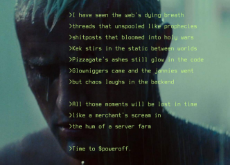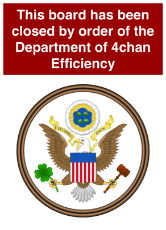>A large wave of funding cancellations from the National Science Foundation (NSF) has abruptly derailed hundreds of research projects, many of which were focused on so-called “misinformation” and “disinformation.”
>Late Friday, researchers across the country received emails notifying them that their grants, fellowships, or awards had been rescinded; an action that stunned many in the academic community and ignited conversations about the role of the government in regulating research into online speech.
>Among those impacted was Kate Starbird, a prominent figure in the “disinformation” research sphere and former Director of the University of Washington’s Center for an Informed Public.
>Starbird expressed dismay over the NSF’s move, calling it “disruptive and disheartening,” and pointed to a wider rollback in efforts to police digital content, citing reduced platform transparency and the shrinking of “fact-checking” operations.
>Grants that were cut included studies like one probing how to correct “false beliefs” and another testing intervention strategies for online misinformation. These projects, once backed by taxpayer dollars, were part of a growing field that often overlaps with content moderation and speech policing; a fact acknowledged by even Nieman Lab, which admitted such research helps journalists “flag false information.”
>The mass termination of these grants signals a pivotal shift in the federal government’s stance on funding initiatives that blur the lines between research and regulation of public speech. What some see as necessary oversight to prevent narrative enforcement, others view as a dismantling of essential tools used to navigate complex digital environments. Either way, the message from Washington is clear: using federal dollars to police speech, even under the guise of scientific inquiry, is no longer a priority.
/mlpol/ - My Little Politics
Archived thread
Lol. Good. Fuck 'em
Academia is about to get a much needed kick in the ass. Hopefully STEM is hit too hard. No social science isn't STEM.
>>387013
>The USAID's saga perhaps?
yeah I personally saw some correlation with 4chan going down
OP here--Am Tor posting so I'm hiding my flag because there's no point
>The USAID's saga perhaps?
yeah I personally saw some correlation with 4chan going down
OP here--Am Tor posting so I'm hiding my flag because there's no point
6 replies | 4 files | 7 UUIDs | Archived




 Ex: Type :littlepip: to add Littlepip
Ex: Type :littlepip: to add Littlepip  Ex: Type :eqg-rarity: to add EqG Rarity
Ex: Type :eqg-rarity: to add EqG Rarity 